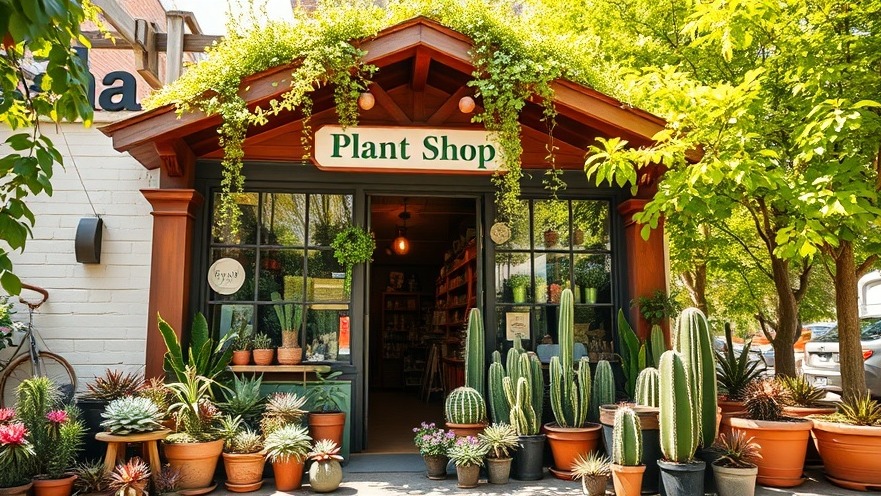
Tariffs Could Transform the Canadian Secondhand Clothing Market
In recent months, increased tariffs between the United States and Canada have emerged as an unexpected catalyst for the secondhand clothing industry. As President Trump's tariffs on imports from Canada and Mexico surge by 25 percent, a prominent figure in the Canadian secondhand market, Irshad Ali Mohammed of Sinaitex, is voicing concerns that these financial pressures could stymie the growth of sustainability-driven businesses.
What Does This Mean for Thrift and Vintage Stores?
The secondhand and vintage clothing market in Canada largely relies on affordable imports from the United States to meet public demand. However, the imposition of hefty tariffs means that thrift stores and vintage shops will face increasing costs, which might push prices higher for consumers. Given that many shoppers gravitate toward secondhand options to save money and embrace eco-conscious living, this scenario poses a dilemma: higher prices may push consumers back to low-cost, resource-intensive fast fashion.
The Potential Impact on Sustainability Goals
The irony is that while secondhand clothing is often touted as an eco-friendly alternative, significant price increases threaten to drive customers away from this sustainable choice. Consumers who previously purchased used clothing to reduce their carbon footprint might instead turn to fast fashion brands that not only encourage waste but also exacerbate the environmental crises many strive to combat.
Challenges of Shipping and Logistics
Beyond the immediate financial consequences, the new tariffs complicate trade logistics. With fewer Canadian businesses willing to ship to the U.S., the operational costs are expected to rise. According to Mohammed, this could lead to a workforce shortage for trucking services across the borders and further drive up costs, creating what he describes as a “logistical nightmare.” All of these factors point toward a troubling prospect: excess textiles that would have otherwise been recycled might now end up in landfills.
Finding a Path Forward for Boutique Entrepreneurs
The question remains: how can boutique hospitality professionals, such as eco-conscious hotel owners and Airbnb hosts, navigate this shifting landscape? Many are toying with the idea of integrating sustainable product offerings within their businesses. For instance, promoting secondhand furnishings or highlighting local thrift shops can resonate with guests who value sustainability.
Moreover, incorporating off-grid solar initiatives and urban farming practices within boutique hospitality ventures can also contribute toward long-term sustainability goals, allowing business owners to lessen their dependence on external products. Real change may demand creativity and resilience, but the potential for innovation in these times of change is enormous.
Take Action To Support Secondhand Initiatives
As tariffs loom and threaten the future of the secondhand clothing industry in Canada, boutique hospitality professionals must remain vigilant. Show your support by promoting local thrift stores, sharing sustainable practices with your guests, and staying informed about industry trends. Be a part of the solution by continuing your commitment to conscious consumption. When guests choose your eco-friendly hospitality, they’re not just reserving a stay — they’re investing in a sustainable future.
 Add Row
Add Row  Add
Add 




Write A Comment